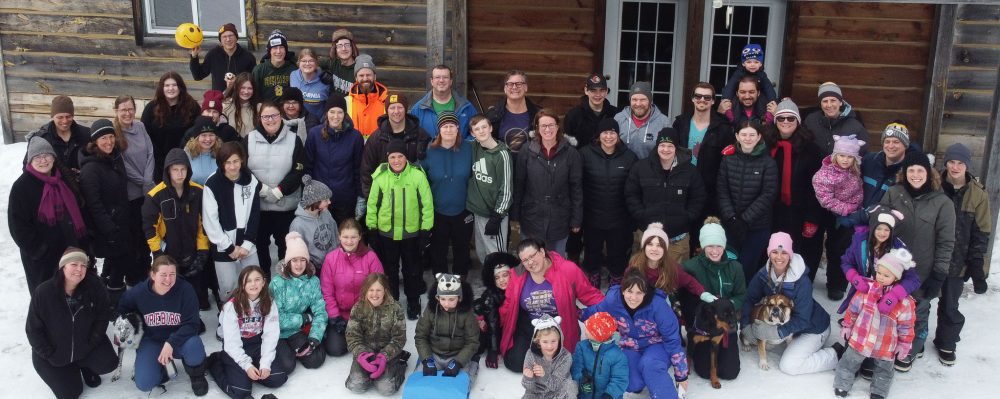MINUTE FOR RIGHT RELATIONS (M4RR) – January 2015
Below you will find the January edition of our Minute for Right Relations. The intention of the M4RR is to offer a brief, monthly reflection that we hope will find a forum somewhere in your congregational life.
Similar to the M&S Minute for Mission, this might be used in a variety of ways in your context – and could include reading during Sunday worship or as a bulletin insert, at a Board meeting, or with study groups.
This Right Relations piece is a direct excerpt from Richard Wagamese`s compelling novel “Indian Horse“ This book, a Canada Reads finalist is a graceful and brutal depiction of a young boy’s journey through life, including the horrors of residential school, and how he triumphs beyond his past. The excerpt captures a moment in time at residential school and portrays the huge emotional impact and loss of being taken from one`s true home.
Indian Horse, (Chapter 13) by Richard Wagamese
“One afternoon, during some rare unsupervised time, a dozen of us escaped to the bottom of the ridge the school sat on. A small creek ran along the base of the ridge, curving up out of an inkpot lake and into a larger one. The creek was narrow, maybe three feet across and shallow. It was a sucker creek. The fish swam up it to spawn in the bigger water and we went down there with burlap bangs wed taken from the barns. We could see the fish pushing up that water. It was thrilling. So much life, so much desperation, so much energy. We stood for a long time and just watched. Then some of us cut saplings and bent them around the inside lip of those sacks. We lowered the sacks into the water and pulled them up dripping and filled with fish. We watched the silvery, brown flash as they flopped out onto the bank, their puckered mouths flapping like wet kisses from fat aunties, their tails flipping and slapping against the ground. We pushed them back into the water and pulled up another sack. We did that four times. The fourth time we stood quietly, each of us lost in our thoughts, as the fish struggled for air, for life, for freedom. When we bent finally and took the fish in our hands to set them back into the water, most of us were crying. We turned as a group and began the long, sloping walk back up the ridge to the school. We walked with our hands cupped around our noses, breathing in the smell of those fish, pushing the slime of them around on our faces. We had no knives to clean them, flay them. We had no fire to smoke them over. We had no place to store them, no way to keep them. When they lay gasping on the grass, it was ourselves we saw fighting for air. We were Indian kids and all we had was the smell of those fish on our hands. We fell asleep that night with our noses pressed to our hands and as the days went by and the smell of those suckers faded, there wasn`t a one of us that didn`t cry for the loss of the life we`d known before. When the dozens of us cried in the chapel, the nuns smiled, believing it was the promise of their god that touched us. But we all walked out of there with our hands to our faces, Breathing in. Breathing in.“
Submitted by Martha Cunningham Closs. Excerpt used with permission of the Author.
